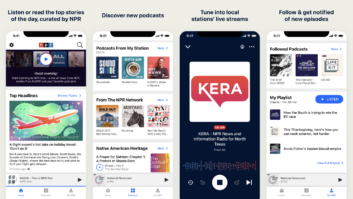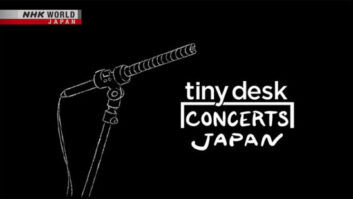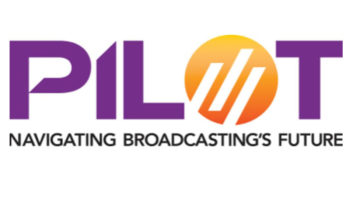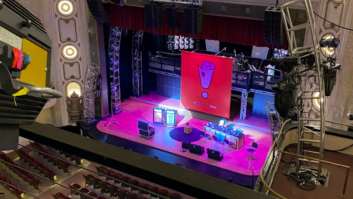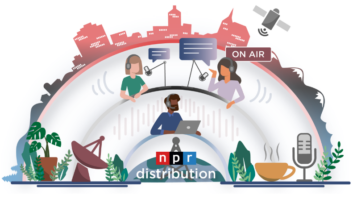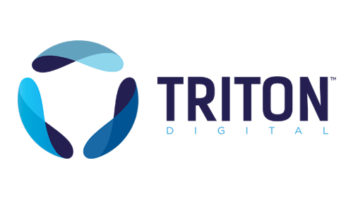
NPR newsroom, Washington; photo by Bob Kovacs
Paul McLane is editor in chief of Radio World.
NPR is still seeking its next ombudsman. Management had hoped to have one in place by end of July, but a company spokeswoman tells me NPR has now extended the contract of incumbent Edward Schumacher-Matos, through the end of September, while its search continues. This position typically is held for a term of three years.
The wording of the ombudsman job posting generated a bit of a kerfuffle earlier this summer over language that some felt suggested a possible downgrade, language later apparently revised. I’m glad NPR retains its ombudsman and appears committed to the position. In this era of new media platforms and user-generated content, it’s tempting for big media companies to think they don’t need such internal checks, and that an ombudsman is a relic of the days when newspapers dominated the media world as grand grey institutional ladies; but in reality we need the position, or at least its attention to accountability and ethics, as much as ever. When I see a large media entity apply uncomfortable internal rigor to itself, especially in this media climate, my respect for its reporting goes up. (Compare NPR to, say, the Washington Post, which recently eliminated that function for what I suspect is basically money reasons.)
The presence of an ombudsman doesn’t guarantee impartiality or lack of bias, but it sure can go a long way in that direction, when journalists and editors know that a third party, working internally but with the backing of top management, is watching their work on behalf of listeners and attempting to explain journalistic decisions to its audience. This process is particularly important at a large media entity whose funding is so often the subject of political debate and whose content is so closely scrutinized.
As an editor and a careful news consumer, I find the NPR job posting interesting to read, to get a sense of what an ombudsman is expected to do. In a small enterprise like Radio World, these functions must be combined with others, so we don’t have a full-time ombudsman. Lacking the resources to employ one, I try as editor to foster an environment where readers feel free to challenge our work and assumptions; where they can project their own voice through commentaries in our pages; and where our writers are challenged to seek diverse viewpoints and challenge their own possible bias on any given issue.
With or without an ombudsman, this process will always be imperfect; but making the attempt is critical. In consuming other media, I look for a journalistic culture where challenges to internal assumptions are valued and protected.
As the job posting puts it: “NPR’s Ombudsman/Public Editor is the public’s representative to NPR in matters of journalism and journalism ethics. This includes all news content produced and acquired by NPR and the standards that guide NPR’s journalists. … The primary responsibility of NPR’s Ombudsman/Public Editor is to connect NPR’s audience to NPR and to provide a forum for audience views. The Ombudsman/Public Editor serves as an independent reporter on behalf of the public.”
Those are crucial roles.
For a sample of what the NPR ombudsman does, see “Sexism, Only This Time About Men.” I think it is fair to say that, whether you agree with the specifics in this particular column, it is unusual for a media company to shine a bright light on its own content in this way. (Unsure? Pick your favorite big media news source and see if you can find something like this on its website.)
For a taste of the charged debate over everything NPR does internally, do a Google search for the term NPR ombudsman downgrade.
And to read the interesting job posting itself (and apply?), see the NPR website.
_





